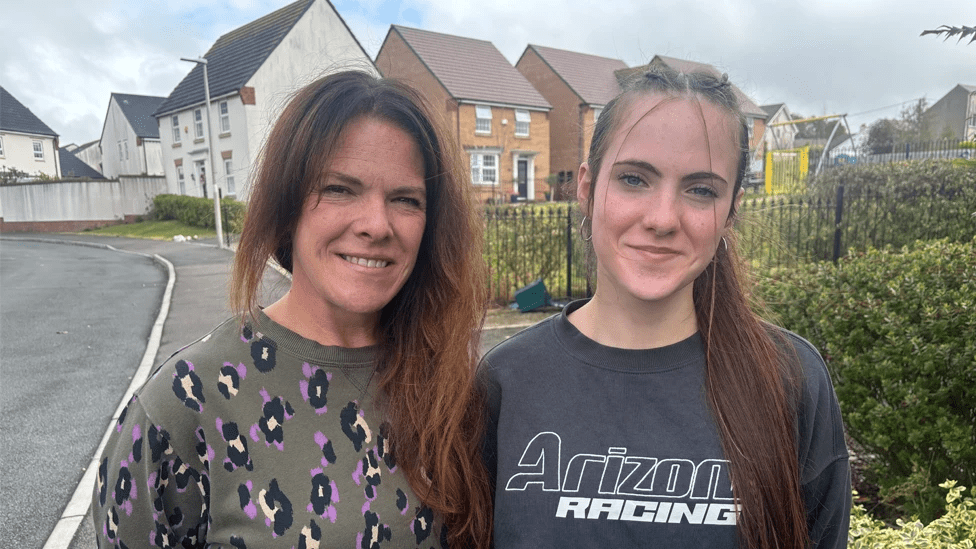
When people hear the word "Home Educating," they often picture kids in pyjamas, lounging on the couch with a textbook in one hand and a snack in the other. And while, yes, pyjamas do make frequent appearances, Home Educating is so much more than just a comfy way to do school.
As someone who has experienced Home Educating firsthand, I can tell you: it's a unique journey, full of flexibility, freedom, challenges, and a lot of self-discovery.
Why did I choose to be home schooled?
I had a happy school life when I was in Primary, however Covid hit the UK in 2019, this meant I had to resort to online learning, as a result I lost contact with a lot of my friends, it also meant that I missed out on having a transition into High School. As a result of this my
education suffered.
When the Covid restrictions were lifted, and we were allowed to return to school, I found I had fallen behind in my education, this meant that I was no longer with my friends, I also suffered from bullying and struggled even more with my confidence.
Despite my parents raising concerns with the school, nothing was done and the bullying continued, my parents then decided to take the option of home educating me.
So, what is being home educated like? This is my story.
The Perks of Being Homeschooled
Let’s start with the good stuff:
- Personalised Learning: One of the biggest advantages of Home Educating is that your education can be tailored to suit your needs. If you're great at maths but need more time with writing, you can adjust your lessons to focus more on what you need. You get to learn at your own pace — speeding ahead or slowing down as needed.
- Flexible Schedule: Want to take a day off in the middle of the week or have a hospital appointment? Totally doable. Need a longer lunch break to recharge? No problem. Home Educating lets you build a rhythm that works for you and your family.
- Deep Dives into Interests: Home Educating often allows you to spend more time exploring the subjects you’re passionate about. Whether it’s astronomy, robotics, or creative writing, you can pursue these interests without waiting for a teacher to assign it.
- Real-World Learning: Because you’re not stuck in a building from 8 to 3, Home Educating can often include day trips, community activities, volunteer work, and real-life experiences that help you connect what you're learning with the world around you.
The Challenges
Like most things, Home Educating isn’t all sunshine and success. There are tough days, too.
- Motivation Can Be Hard: Without classmates and a teacher watching over your shoulder, staying on task can sometimes be a challenge. You learn quickly that no one else is going to do the work for you. That’s a life skill, but that can also be a daily struggle.
- Social Life Takes Effort: Yes, HomeEd kids do still socialise — but it doesn’t happen like it does in a traditional school. You have to actively join clubs, sports groups, or other groups to build friendships. It takes planning, but it’s totally worth it. I’m lucky in that I still have a small group of close friends from Primary school.
- Not Everyone Understands: When people hear you're Home Educated, the reactions can be vastly different. From assumptions that you’re socially awkward, to jokes about lying around all day in your pyjamas, it takes patience and confidence to explain your lifestyle to others.
What Home Educating Teaches You
Home Educating doesn’t just shape how you learn — it can help develop you as a person. You develop independence, curiosity, time management, and self-discipline. You get to ask big questions, and it teaches you to take ownership of your education.
You also learn how to work with different people — parents, tutors, and build a flexible mindset that’s incredibly useful in life beyond school.
Final Thoughts
Home Educating is not a one-size-fits-all solution, and it's not always easy. But for many, it's a path that leads to meaningful learning, personal growth, and a strong sense of self belief.
Whether you're considering Home Educating, currently living it, or just curious, know this: learning can happen anywhere. Even in pyjamas.
Share



